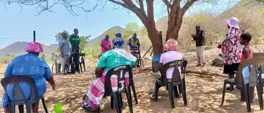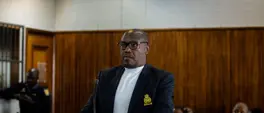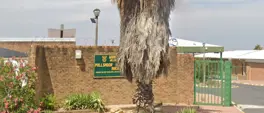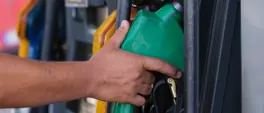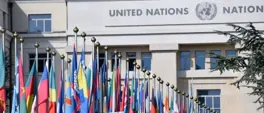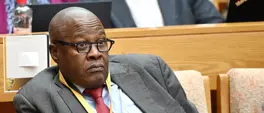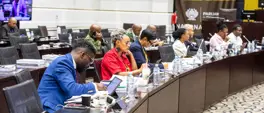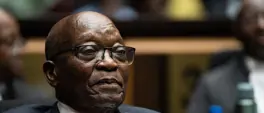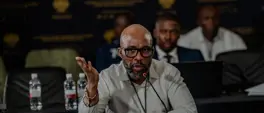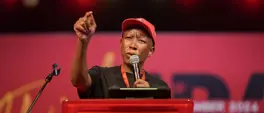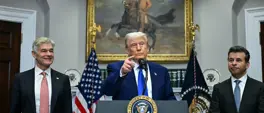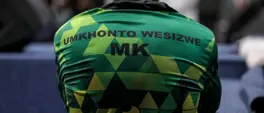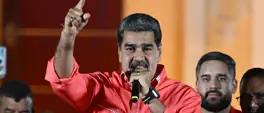'We don't know where or how we identify' - The story of the !Xun San of Platfontein
Bernadette Wicks and Kayleen Morgan
29 April 2024 | 7:50Their ancestors were among the very first known inhabitants of southern Africa, but the !Xun San of Platfontein feel like unwelcome guests in South African today.
PLATFONTEIN - Their ancestors were among the very first known inhabitants of Southern Africa but the !Xun San of Platfontein feel like unwelcome guests here today.
"We get called immigrants here and we’re here since 1990, that’s when we got here … We don’t know where or how we identify," Antonio Saboa, their leader, says.
The pioneers of this community hail from Angola but were forced to flee to then-South West Africa, now Namibia, after they were recruited into the Angolan civil war by the colonial forces and then rejected by their countrymen in the aftermath.

The !Xun San of Platfontein want President Cyril Ramaphosa to sit down and hear their concerns, an engagement they say has never taken place. Picture: Kayleen Morgan/Eyewitness News
LONG WALK TO FREEDOM
Saboa was just a young man when he made the journey.
"I walked for seven months. Walked and walked. We left with women and children. It was tough. And not a little tough, we had a very hard time. Every day, every single day we walked."
They stopped only to sleep in the veld, he says.
"In the morning you’d wake up, pack your stuff and walk again. It was hot and we were hungry. Whatever little food and water we had, we gave to the children. Those of us who were older didn’t eat or drink, we just walked. We would look for rainwater in hollow trees and that’s what we drank to stay hydrated."

!Xun San of Platfontein leader Antonio Saboa. Picture: Kayleen Morgan/Eyewitness News
In South West Africa, though, they were recruited to fight again, this time for the South African Defence Force, in the Border War.
At the end of the war, they were given the option of calling South Africa home. But their dreams of a better life here haven’t borne the fruit they were expecting.
Instead, they are plagued by rampant unemployment and poverty and a never-ending struggle for the basics, like decent roads and clean water, Saboa says.
"Here in Platfontein there are no jobs, we live off of pension and grant money. We just live here without jobs. Our youth just receive short-term contracts to work on farms in Limpopo for example," Saboa explains.
Their homes are flanked by a wild thicket and on special occasions, they still put on their traditional beads and gather here to celebrate their rich culture.
Saboa takes us on a walk through the veld. It is a short distance but it takes a long time. He stops at each new shrub and bush we come across. Each one has a story that he wants to share with us.
'RAMAPHOSA DOESN'T KNOW US'
They are a proud people.
But even Saboa, as their head, lives in a ramshackle RDP house.
When we arrive, there is a tower of bright red sand piled next to his front door.
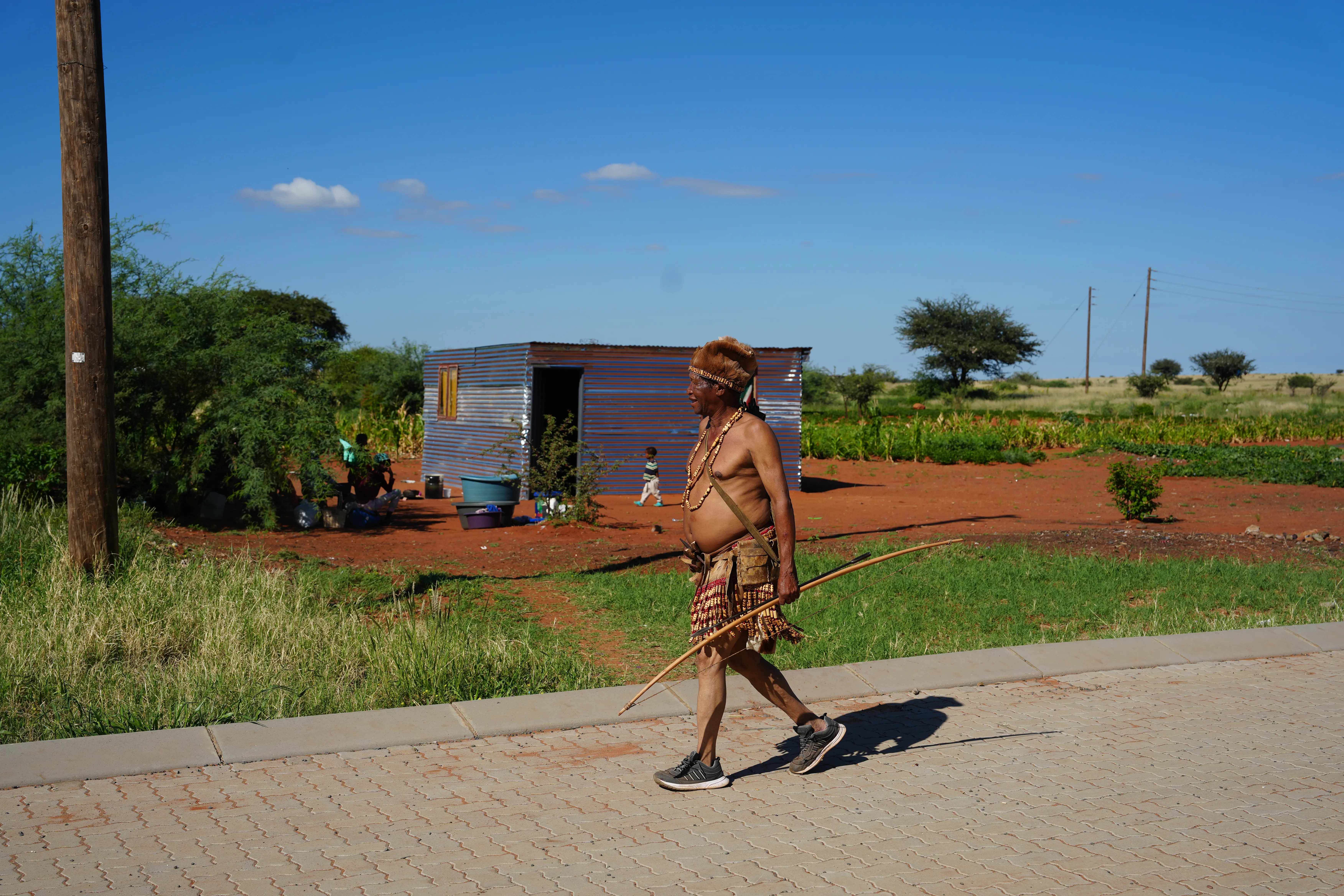
The leader of the !Xun San of Platfontein lives in an RDP house - a far cry, the community says, from other traditional leaders in South Africa. Picture: Kayleen Morgan/Eyewitness News
"I don’t live well. You see this hole? It’s to pull water, dirty water. And when it rains and the toilet is full of water, those fumes," he says.
"They call this an RDP house but what RDP house looks like this? I have four children. Three daughters, one is deceased and a son. They all sleep in one room."
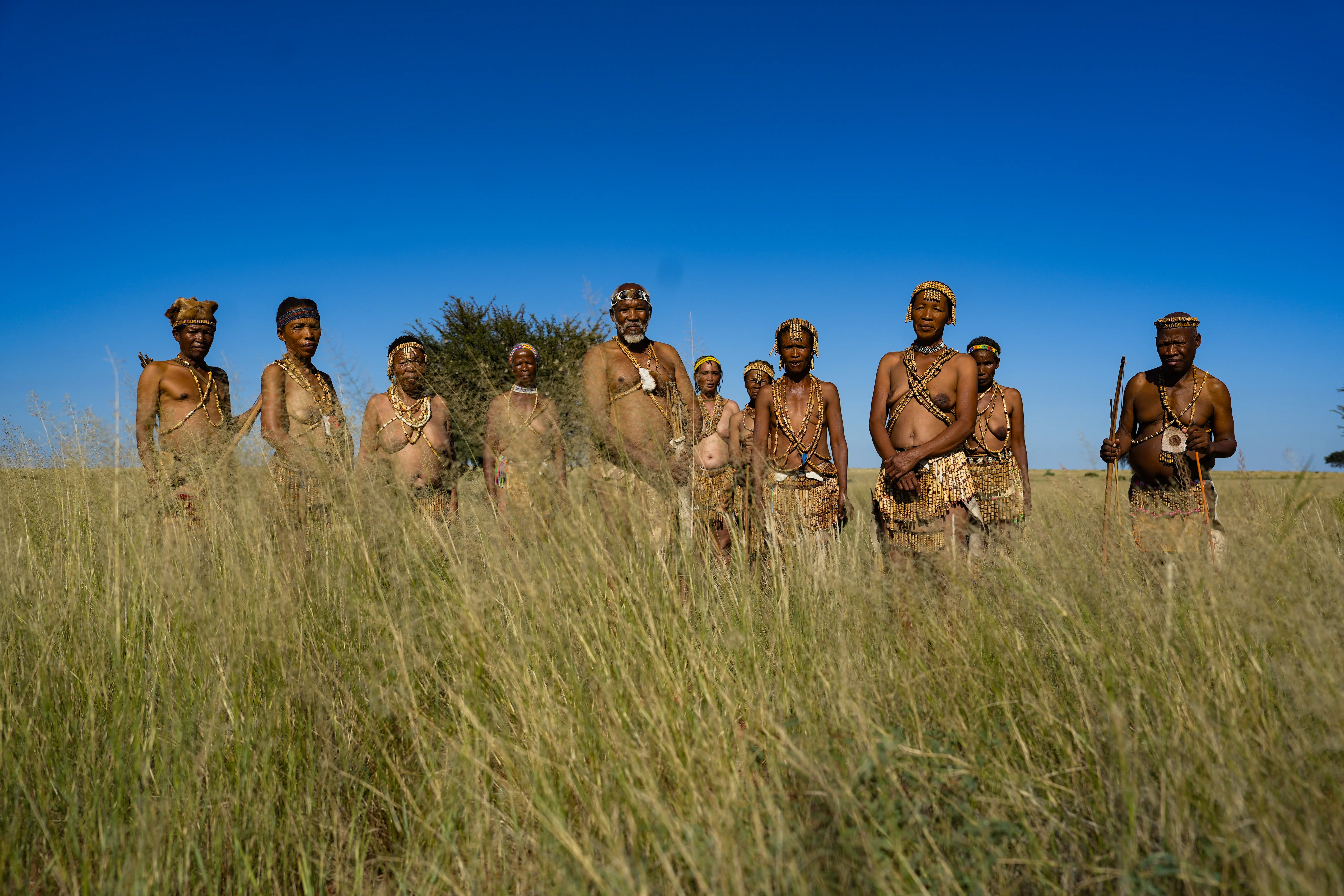
The !Xun San of Platfontein say despite being in the country since 1990, they still get called immigrants. Picture: Kayleen Morgan/Eyewitness News
As elections approach, the community expects to see its fair share of politicians on the campaign trail.
But there’s only one man they want: President Cyril Ramaphosa.
"Ramaphosa doesn’t know us," says Saboa.
"Whenever he’s in town he never comes past here, he goes to make a turn in the city and then returns to Pretoria. We’re sitting with heavy hearts, we want to sit and talk with him but no one can help us so that we can sit and have a conversation with the president."
Get the whole picture 💡
Take a look at the topic timeline for all related articles.

